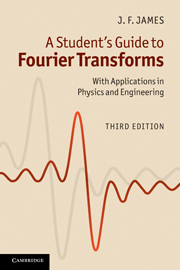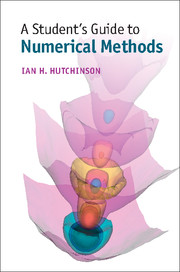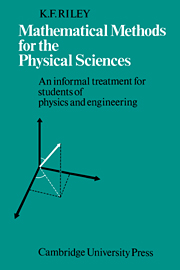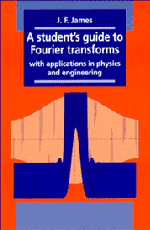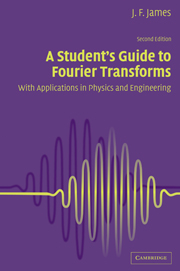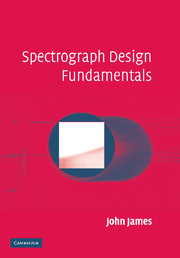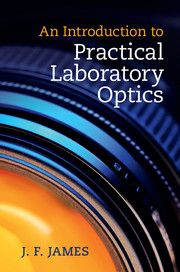A Student's Guide to Fourier Transforms
Fourier transform theory is of central importance in a vast range of applications in physical science, engineering and applied mathematics. Providing a concise introduction to the theory and practice of Fourier transforms, this book is invaluable to students of physics, electrical and electronic engineering, and computer science. After a brief description of the basic ideas and theorems, the power of the technique is illustrated through applications in optics, spectroscopy, electronics and telecommunications. The rarely discussed but important field of multi-dimensional Fourier theory is covered, including a description of Computer Axial Tomography (CAT scanning). The book concludes by discussing digital methods, with particular attention to the Fast Fourier Transform and its implementation. This new edition has been revised to include new and interesting material, such as convolution with a sinusoid, coherence, the Michelson stellar interferometer and the van Cittert–Zernike theorem, Babinet's principle and dipole arrays.
- A guide to a basic mathematical tool, emphasizing the practical applications of Fourier theory
- Now includes convolution with a sinusoid, coherence, the Michelson stellar interferometer and the van Cittert–Zernike theorem, Babinet's principle and dipole arrays
- Demonstrates the technique through applications in optics, spectroscopy, electronics and telecommunications
Reviews & endorsements
From previous editions: 'It is the wide range of topics that makes this book so appealing … I highly recommend this book for the advanced student … Even the expert who wants a deeper appreciation of the Fourier transform will find the book useful.' Computers in Physics
'… this is an excellent book to initiate students who possess a reasonable mathematical background to the use of Fourier transforms …' Microscopy and Analysis
Product details
May 2011Paperback
9780521176835
156 pages
228 × 153 × 1 mm
0.26kg
73 b/w illus.
Available
Table of Contents
- 1. Physics and Fourier transforms
- 2. Useful properties and theorems
- 3. Applications 1: Fraunhofer diffraction
- 4. Applications 2: signal analysis and communication theory
- 5. Applications 3: spectroscopy and spectral line shapes
- 6. Two-dimensional Fourier transforms
- 7. Multi-dimensional Fourier transforms
- 8. The formal complex Fourier transform
- 9. Discrete and digital Fourier transforms
- 10. Appendix
- 11. Bibliography
- 12. Index.

